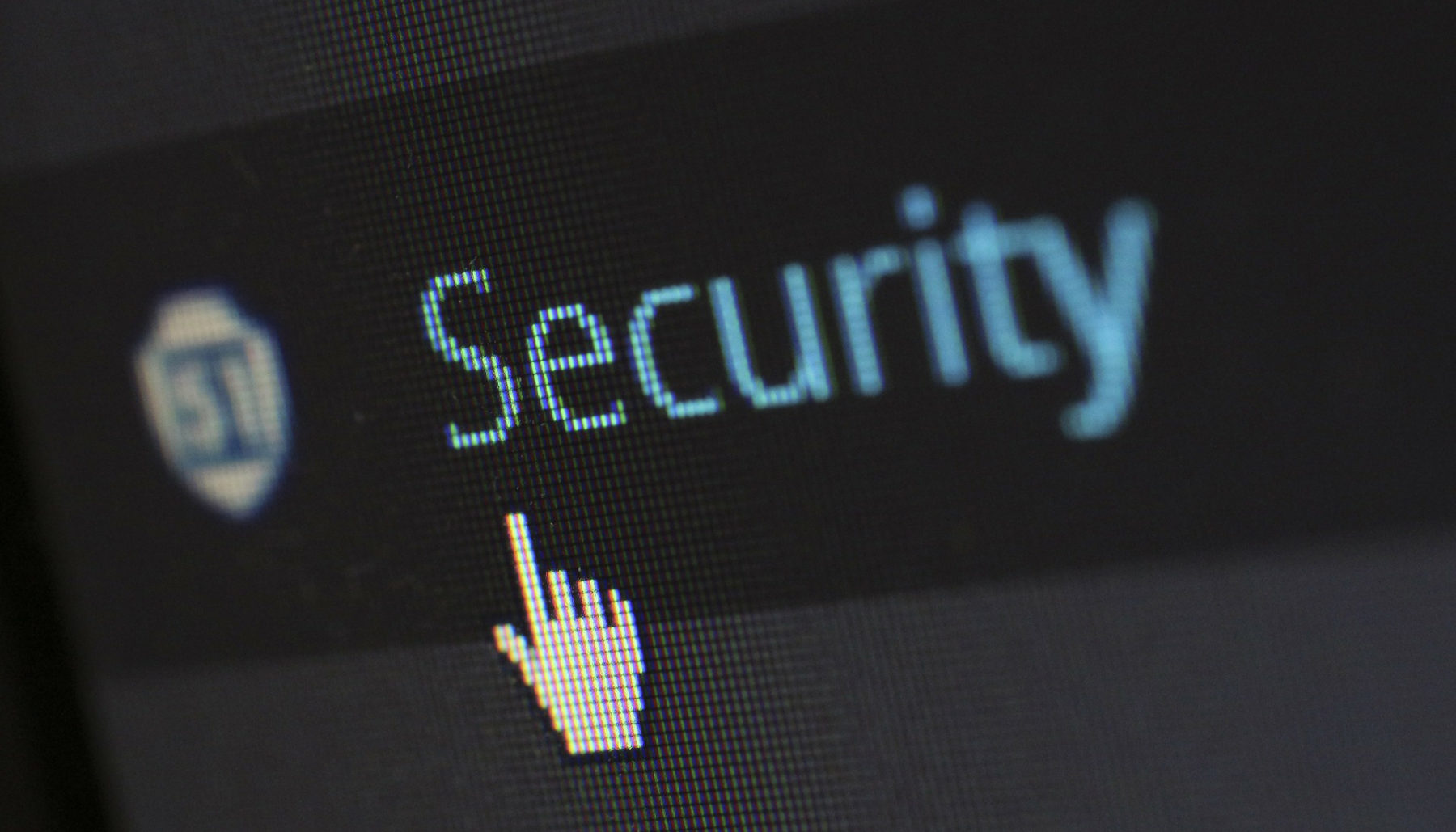Internet privacy is a big topic these days. As more and more companies and services conduct business exclusively online, the more we expose our personal data to the web. Protecting your data can be a daunting task, but here are some tips to get you started down the path of digital safety.

1. Passwords, passwords, passwords
One of the best ways to keep your data safe is to protect it with strong passwords. Make passwords at least 12 characters long. The longer the password the harder for data thieves to get access. And make sure to include numbers, capital letters, and symbols. Don’t use common phrases or number sequences or anything that can be easily guessed. And don’t use the same password for every account. Does remembering multiple passwords that fit this criteria sound like a daunting task? Consider using a password manager. Many use bank-level security to keep your account passwords organized and secure, and many will generate strong passwords for you.
You should also password protect your devices as well. As more and more people rely on phones and laptops for all of their sensitive data, they become an easy way to access that data. Make sure to keep devices locked with a password, or better yet, fingerprint recognition.
2. Utilize a privacy-focused web browser
There is big money in online advertisements. We’ve all seen those banner ads that follow us from site to site, showing us products that we may have searched for in the past. That’s because many websites use tools to track user information. Much of the time, it’s used for innocuous reasons, like targeted advertisements, but it can also be used for nefarious reasons. (If you’re curious about what a browser can find out about you, try a tool like this to see what your browser is sharing about you. Some browsers are set up to be more private, or have tools to adjust what you share, and with whom you share it with. Something to keep in mind: limiting the amount of cookies your browser uses or turning off javascript will allow for more privacy, but it may also affect the way in which you interact with the web (logins and passwords won’t be stored and some sites will not work, for example), but if security is more important to you than ease of use, it might be something to consider.
3. Be careful what you share online
Always be mindful of the information your share with websites. If entering information on a website, like your social security number or payment information, make sure the site is legitimate and encrypted (an encrypted site will show a “https” at the beginning of the URL). Don’t click on unfamiliar links, especially from your email, and especially if they are asking you to confirm information. They may be phishing scams. If there is ever a question of legitimacy, call the company using a phone number from their website and ask for confirmation.
Another way thieves and data mining companies can access your information is with social media accounts. Things like a questionnaire your friend shares on Facebook may seem fun, but it’s also a way for people to glean personal information that can be used to collect personal data or worse, gain access to your accounts. Make sure to check your social media privacy settings to see who can see your information, and never provide answers to common security questions like your mother’s maiden name or the street you grew up on.
4. Keep your computer and devices up-to-date
Out-of-date software and hardware can create ways for people to access your data. When a developer stops supporting an older version of an app or operating system, it gives thieves a chance to exploit potential security holes. Make sure you keep your devices as up to date as possible.
5. Use secure Wi-Fi
It may be tempting to use that free wi-fi at your favorite coffee shop, but public networks pose a variety of risks. When using public networks, make sure to use secure networks whenever possible. If using a public network, even if it is secure, avoid accessing sites that store sensitive data, like bank accounts. Your credentials are at risk of being captured. Also, avoid making purchases. Passing sensitive information to an online retailer leaves it at risk as well.
Many of our devices are set up to automatically connect to the nearest available wi-fi. This setting is meant to help users limit mobile data use, but it also opens your device up to connecting to unfamiliar, and potentially dangerous networks. Protect your device by turning this setting off, especially if you plan on traveling to new or unfamiliar places.
Taking care of your personal data can seem overwhelming, but taking the time to set privacy settings and avoiding convenience for the sake of skepticism can save you a headache in the future. Be safe out there on the webs!


